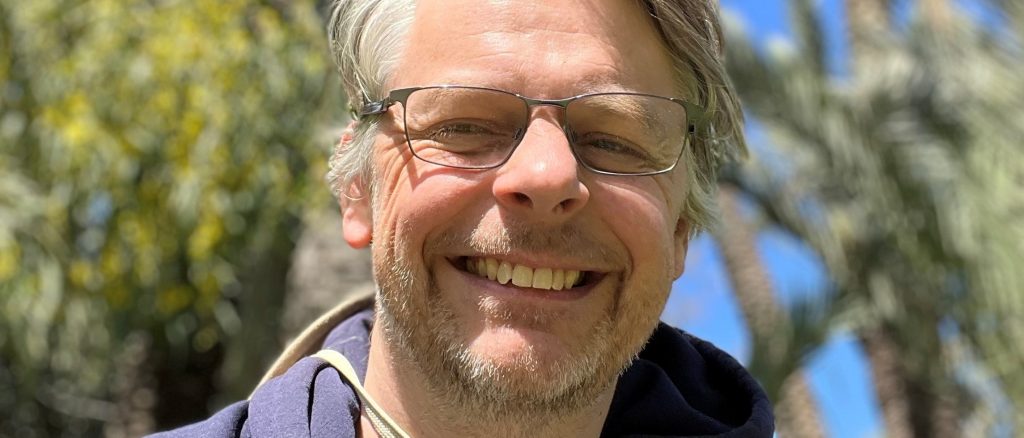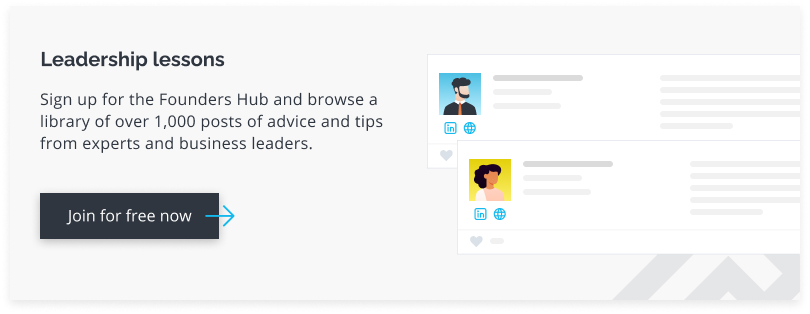Continuing with our series of Member Spotlights, we speak to Julian Harris from Knowcast, which helps you take notes from podcasts and other audio, completely hands-free using just your voice. The software enables you to learn better by listening to your notes. Julian discovered that podcasts went further than just entertainment and were also a great learning tool. Listening to experts and professionals, Julian wanted a better way to take notes more efficiently and created Knowcast to do this. Enjoy this Q&A where we get to know Julian and the company better…
Tell us about yourself and your company. When were you founded?
I’m from New Zealand, and I’ve been creating internet software professionally since the early 90s. The Apple Macintosh was a huge influence on my thinking of what was possible with technology. From those early days, I’ve always been chasing the dream of creating something that people love in the way that I’ve loved the Mac and its transformational abilities.
Subsequently, I’ve worked in all sorts of places including the UK government (emerging tech) and seven years at Google in a variety of technical and product roles.
I had been dabbling with the problem of how to learn better through audio for some years. I guess you can say I “founded” Knowcast in March 2021 when I went full-time on it, bootstrapped on some savings I had. But through much of 2020 I’d been building prototypes, and hired a freelancer to pick up aspects of where I left off. That gave me a lot of insight into what was possible.
Where did you get the idea for your company?
I call it the ‘Vauxhall Station Moment’. It was 2015 – I was on my way to work and I found myself transfixed with the nuggets of gold I came across in the podcast I was listening to. These were experienced professionals, sharing their insights that were so useful to learn from again and again. But my experience was an emotional rollercoaster. From “WOW that’s amazing, I must remember that” then to “Aaand it’s gone”. Attempts to take notes with my phone were clunky and unreliable. Fast forward to 2022 and nothing’s changed.
Describe your lightbulb moment at which point you knew your venture might actually become a success.
It started when we did a diary study in summer 2021. It was really clear this problem was not just something I had, but affected a great many others as well.
Then we learnt about the growth of podcasts, and the number who want to use podcasts and other audio as a learning tool. We realised that there are about 100m people who have this issue.
Finally, once we built a voice prototype and field-tested it, lots of people said they’d be willing to pay for this. This convinced us that there are millions of people who want to use this who are happy to pay a monthly subscription for the value it brings.
What are you most passionate about in business? How do you continue to challenge yourself?
Creating great software that millions of people love, that generates a healthy revenue stream I can then redistribute to causes that I believe in the world (primarily education and the climate crisis).
What/who inspired you to start the company?
I’ve been very mindful that these things should be done when the timing feels right. I counted three things that I think are timed right:
- My own means: I have the resources to live on a basic founder income.
- The tech wave: my personal experience working with natural language processing and voice technology in recent years left me convinced that now is the first time it’s actually possible to solve this problem quickly, cheaply and well by building a custom voice assistant.
- The user behaviour wave: while Knowcast is learning through audio in general, podcast consumption is a leading behaviour and the growth has exploded in recent years, with plenty more projected in the coming years.
What’s the best advice anyone has ever given you?
It’s not so much ‘advice’ but more, a concept. ‘Fixed mindset versus growth mindset’. When I learned about this distinction, I realised I had a fixed mindset and this was severely limiting my opportunities and growth. It’s been seven years now retraining myself to have a growth mindset.
It’s helped me build resilience and will.
Who do you most admire and why?
My brothers. They did the impossible: they had a $268m exit last year, while managing to stay incredibly down-to-earth, exceptionally generous and kind, all the while being great dads and working at a very sustainable pace. They’ve also been very generous in providing me with pre-seed money to get things going for my venture.






